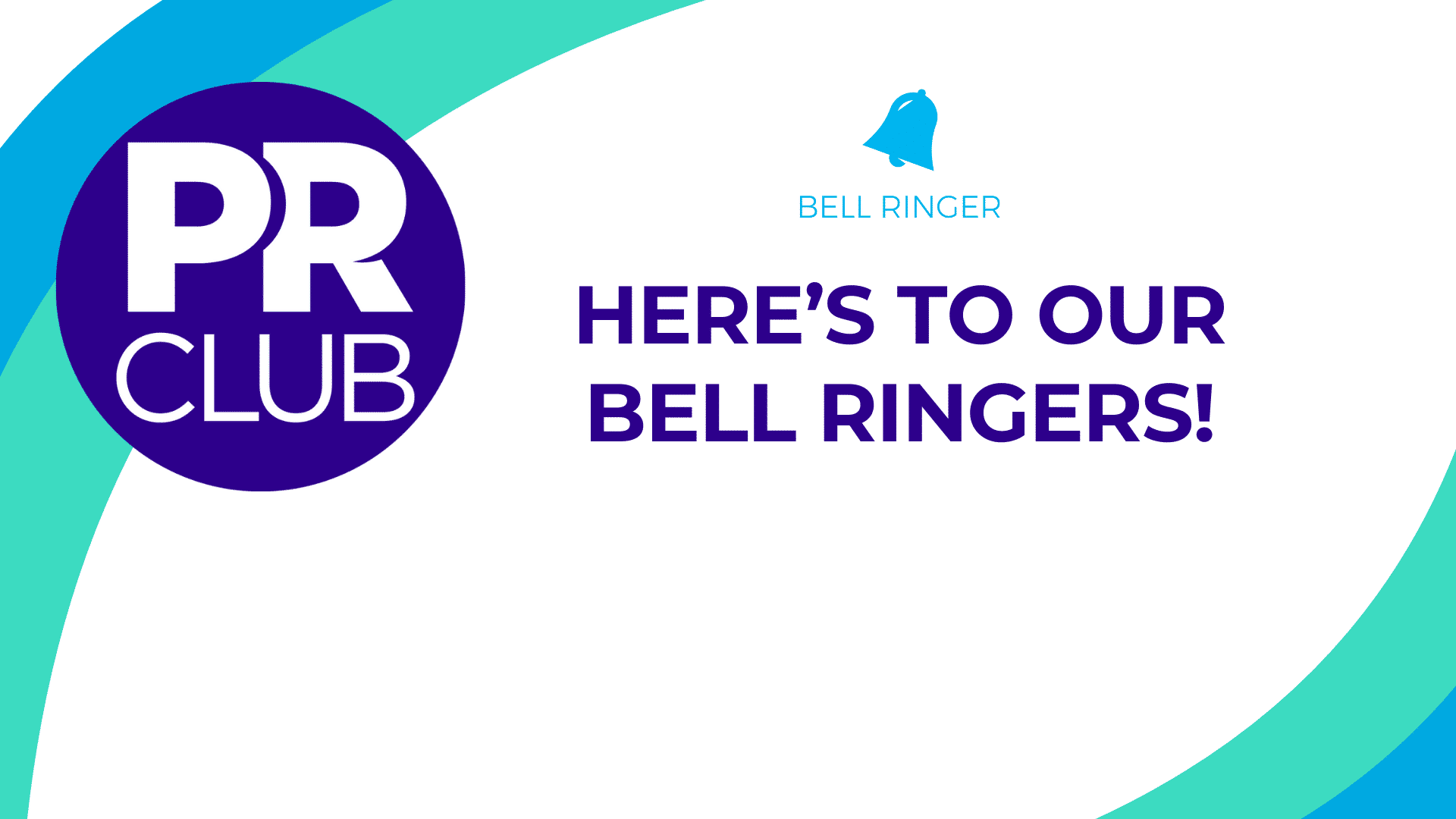Written by: Marki Conway, Director at PAN Communications
When you think of agency life, several things probably come to mind. Fast-paced environment. Client service. Office culture. Maybe weekly cocktail hours. Definitely timesheets. One of the most important things that hopefully comes to mind is mentorship and career development. Any PR agency worth its salt puts extra emphasis on mentorship, because people truly are its most valuable assets.
When I think about my favorite part of agency life, it’s easily the mentorship engagements. Client service and new business afford great opportunities for creativity and excitement, but mentorship is what makes our jobs so fulfilling – passing on what we’ve learned and helping others reach new heights. While being an effective mentor requires many different qualities, to me it boils down to three core buckets: motivational coaching, advocating and empathizing.
Motivational Coaching
The first and most important attribute of mentorship is to teach and motivate. Whether your mentee is entry-level or a decade into their career, everyone needs mentorship. It’s important to invest time and critical thinking into the mentor role, as much as you would any other part of the job.
What challenges are your employees facing? Are they happy? If they are continuing to struggle in one area of the job, should you consider a shift in their responsibilities? What additional trainings could take them from being a B player to an A player? Think about these regularly, discuss with your mentees, and mutually agree on both realistic and stretch goals. Check in on those goals often, asking for their input and input from those who work around them.
Keep in mind, mentorship also takes patience. If you’re someone’s mentor, chances are you’ve been in a similar position as your mentee at some point. While it’s easy to think, “well, I did it this way when I was in their role and it worked fine for me,” remember that everyone works and learns differently. Take time to learn their preferred working styles, how they learn best, and cater your mentorship style to what works best for both of you. When you invest the time into mentorship, it pays off immensely and can lead to happier, more motivated and successful employees.
Advocating
When I first meet with a new direct report, the first thing I say is that I am here to help them as an individual. Yes, their success helps the agency prosper, but first and foremost, my responsibility is to them – their career growth, their account interests, their well-being.
I consider it my number one responsibility to advocate for all employees who I manage, and especially go the extra mile for my direct reports. This means taking time to learn their interests, their strengths and their areas of improvement. In doing so, I make sure they’re staffed on accounts in industries that pique their interests and doing account work that’s most compatible with their skillsets. It also means encouraging them to step outside of their comfort zones to try new things, too – because complacency is absolutely the enemy of progress.
Mentorship doesn’t only mean helping mentees progress in this job, but also developing their confidence, knowledge and skillsets to achieve success no matter what their next career move is. As leaders, we’re certainly focused on employee retention and building a culture and career path that excites employees. A true mentor, though, wants what’s best for their mentees even if that means the best thing is a new opportunity outside of your organization.
Empathizing
A few times a year, I give a day-to-day management training to new managers at our agency, and I always kick it off with a fairly simple premise – we are all human, and we can never forget that when managing people. While this may seem obvious, it’s important to recognize when an employee is anxious, stressed or struggling and may need extra support or leniency. Knowing they make mistakes, reacting appropriately to help them learn from said mistakes, and also knowing when to be flexible.
In 2020, especially in the height of the pandemic in the April/May timeframe, this became even more critical. With everyone on edge – across industries – and not knowing what their work-from-home schedules would be, worried about job security, Zoom fatigue, etc., empathy became an essential layer in the mentorship fabric.

Advice I give in this regard is to always remember the famous Maya Angelou quote, which is especially applicable in times of uncertainty or hardship: “I’ve learned that people will forget what you said, people will forget what you did, but people will never forget how you made them feel.”
While I like to think I say and do a few memorable things, what’s most important to me is that my mentees feel valued, safe and supported. This means anticipating when they might be stressed, overwhelmed, or just honestly freaking out. Sometimes showing a little extra empathy through small acts of reassurance will be the most memorable interactions for your mentees – just check out one of my mentee’s Tweets for National Mentor Day this past October.
At the end of the day, mentorship is about making a connection with your mentee and helping them grow. We all need mentors to advance our professional progress, and chances are most people will have multiple mentors throughout their careers. Some will only briefly be a part of our journeys, playing a specific role for our individual paths. Others will play more pivotal roles, remaining consistent supporters, resources and teachers for many years to come. When it comes time to step into the mentor role, prioritize these tips and remember to pay it forward by applying what you learned as a mentee to your leadership style.
This article is provided by PAN Communications, a PR Club member organization.




